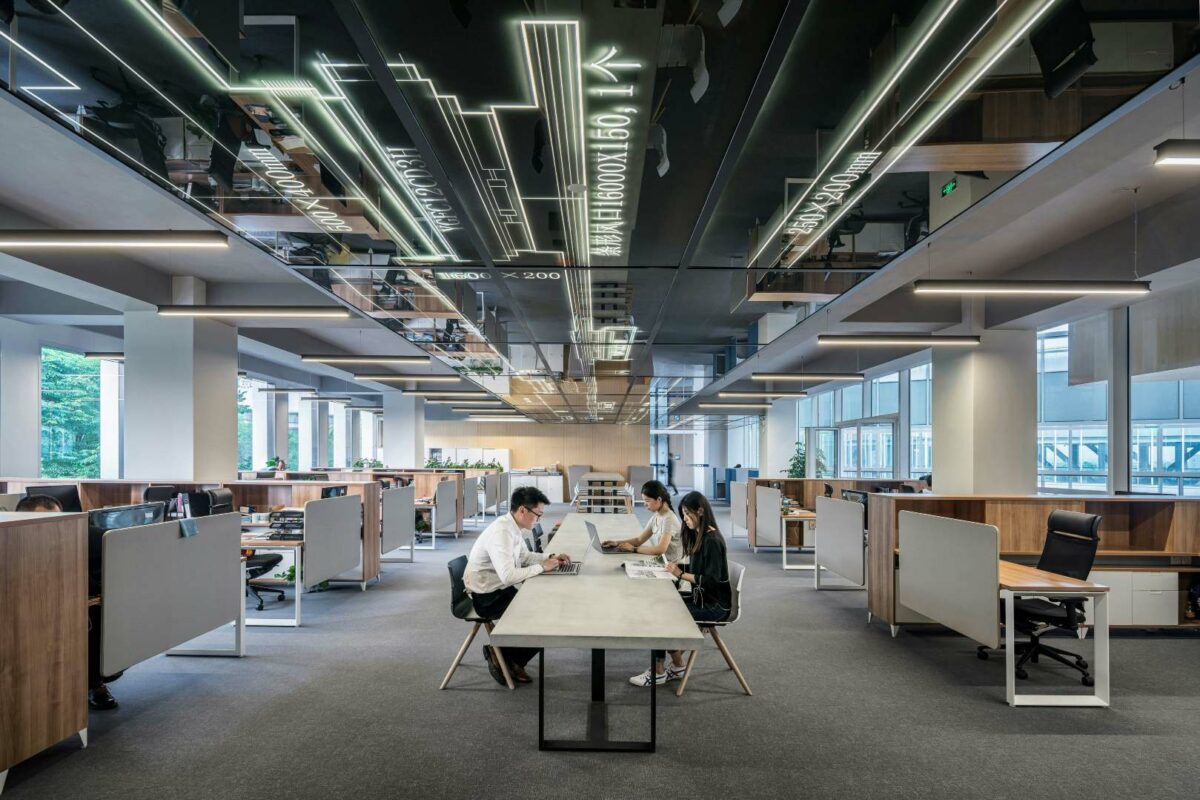There is increasing focus on the disabled consumer and how we can remove the barriers that prevent and discourage the ‘Purple Pound’ from being spent, both online and in-store.
With one-in-five people in the UK suffering from some form of disability, be that visible or non-visible, and with disabled consumers accounting for a potential market value of £249 billion per annum, it is easy to see why this focus is needed – both from an ethical and a commercial standpoint.
This is something that our team at Workman Retail and Leisure has already been working on for some time. Whilst managing retail facilities with a focus on certain disabilities may be a relatively new idea in name, the notion of knowing your centre and knowing the community it serves, is part of good property management and should be nothing new to the industry.
Disabled consumers account for a potential market value of £249bn/pa
Wider understanding that “not every disability is visible” reflects a significant development in catering for the disabled customer in retail spaces. For example, one of the most successful initiatives that our shopping centres run are our ‘Sensory Sundays’. As the name would suggest, Sensory Sundays focus on making the centre a more appealing venue for those members of the community, particularly children, suffering from Sensory Processing Disorders (CPD) and autism, for whom the noise and normal hustle and bustle of a busy shopping centre can be intimidating and very unpleasant.
Sensory awareness
Sensory Sundays see the shopping centre turn off all music from the communal areas and ask retailers to do the same or at least reduce the volume from their own music systems. Other noise reductions include stopping non-essential loudspeaker and PA announcements and providing hand towels in the toilets in an effort to try and reduce the noise from hand dryers.
Retail staff have also undergone training to improve the service they provide to those customers who rely on lip reading or guidance from a sighted person along with Autism awareness training. The plan across the portfolio originally was to hold a sensory awareness day once a month but it proved so popular that in a number of centres it’s now held weekly.
Questions answered
At all of the centres where we have implemented sensory days, we have found that aspects of the online accessibility of the centre are just as important as the physical environment. Customers planning a visit to a number of our centres are able to download three important documents. A visual guide is available which is aimed at children with autism spectrum conditions (ASC) as well as a detailed guide, created for parents, carers and adults with ASC. These documents provide helpful answers for anyone planning a visit and who might be wondering:
- What can I expect when arriving there?
- How do I access the shopping centre?
- When are the busiest and quietest times of the week at the shopping centre?
- How can I get to the shopping centre?
- What are my private or public transport options?
- How do I find the toilets?
- How will I be supported?
- What do I look out for if I need assistance?
- What is there to do at the shopping centre?
The guides also provide useful information like floor plans and simple guidance on what to do if things go wrong, including a list of simple statements to help describe any of the more likely scenarios that may have occurred.
In addition to the guides, the management also provides downloadable autism awareness cards for anyone who requires them. These can be printed off, filled in and then worn as name badges and state very simply the person’s name and that they have an autism spectrum condition.
Organisations like Purple and events like Purple Tuesday (which took place on 13.11.18, this year) have done much to promote the business case for improving accessibility to shopping and retail centres for those with visible and non-visible disabilities. Beyond the immediate gains, such as the increases in footfall, PR and social media reach, is the chance to positively influence the lives of people within the communities that our centres and retail parks serve.
People who may have found activities that many of us take for granted, such as going for a coffee or a quick shopping trip as incredibly daunting or even impossible before the introduction of these initiatives, may suddenly find these options open to them. This is an opportunity then to not just improve the centres but to also improve the lives of the people on which the survival of those centres relies.
Vicky Cotton is Sustainability and Wellbeing Director at Workman LLP.
Enjoyed this article? Find more articles on health here.
Content Team
Work in Mind is a content platform designed to give a voice to thinkers, businesses, journalists and regulatory bodies in the field of healthy buildings.




